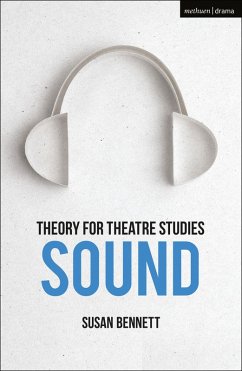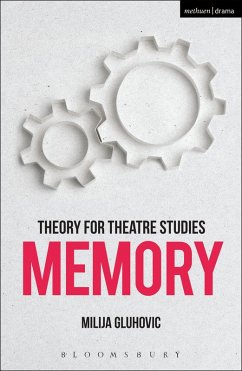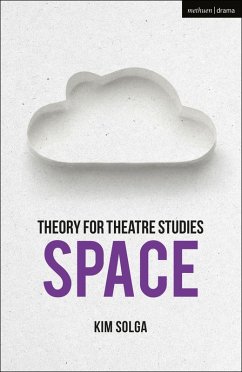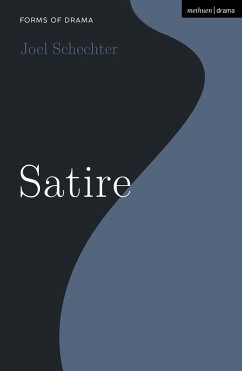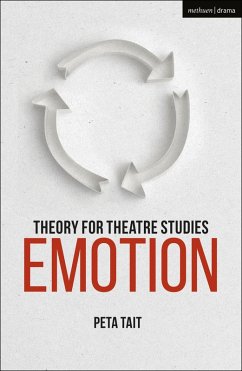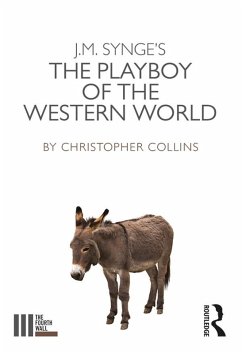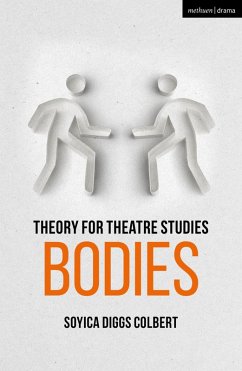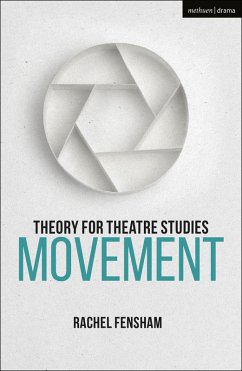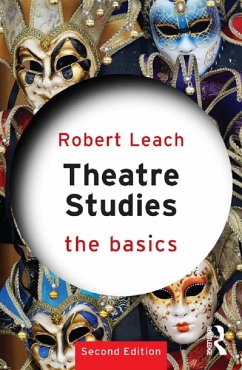
Theory for Theatre Studies: Space (eBook, PDF)
Versandkostenfrei!
Sofort per Download lieferbar
14,95 €
inkl. MwSt.
Weitere Ausgaben:

PAYBACK Punkte
7 °P sammeln!
Space: it's everywhere, all around, a given. It's abstract and yet not abstract at all, because it governs all human relations, shapes the way we understand our place on the planet, and orients us toward others (for better and for worse). How do theatre scholars understand space and place in performance? What tools do they use to theorize the political work space does on - and beyond - the stage? How can students use these tools to unpack the workings of space and place in the performances they see, the plays they study, and the experiences they have outside their classrooms? Theory for Theatr...
Space: it's everywhere, all around, a given. It's abstract and yet not abstract at all, because it governs all human relations, shapes the way we understand our place on the planet, and orients us toward others (for better and for worse). How do theatre scholars understand space and place in performance? What tools do they use to theorize the political work space does on - and beyond - the stage? How can students use these tools to unpack the workings of space and place in the performances they see, the plays they study, and the experiences they have outside their classrooms? Theory for Theatre Studies: Space provides a comprehensive introduction to the 'spatial turn' in modern theatre and performance theory, exploring topics as diverse as embodied space, environmental performance politics and urban performance studies. The book is written in accessible prose and features in-depth case studies of Platform's audio walk And While London Burns, Katie Mitchell's Fraülein Julie, Young Jean Lee's The Shipment, and Evalyn Parry and Laakkuluk Williamson Bathory's Kiinalik: These Sharp Tools. TfTS: Space begins with fresh readings of historical dramatic theory, discusses twentieth-century theoretical trends at length, and ends by asking what it will take (and what work is already underway) to decolonize the Western, settler-colonial stage. Online resources to accompany this book are available at: www.bloomsbury.com/uk/theory-for-theatre-studies-space-9781350006072




